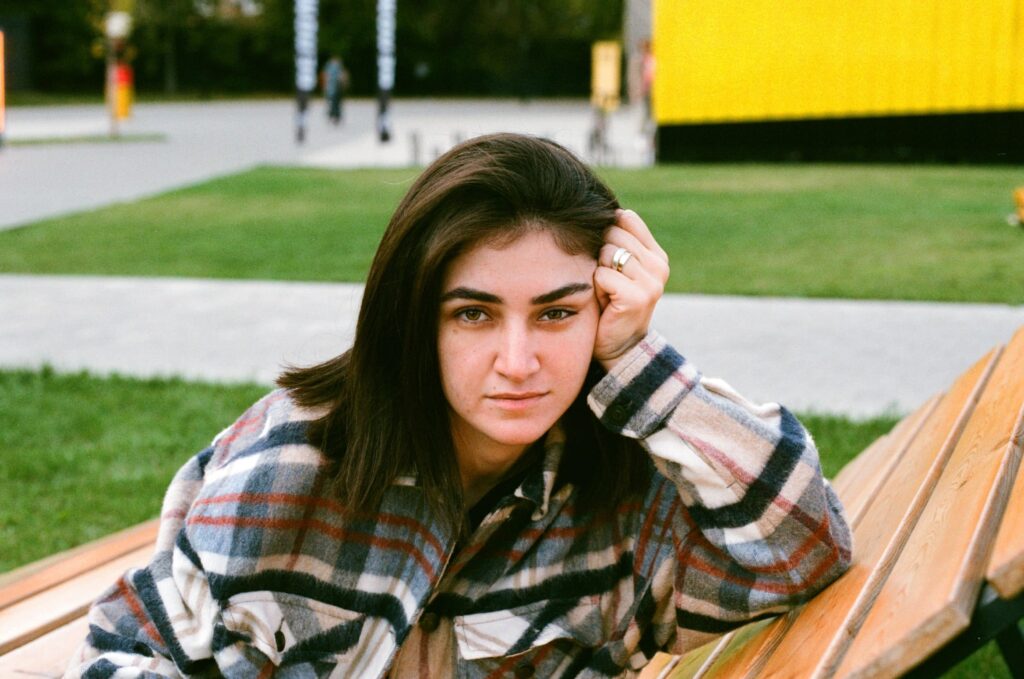A blogger and activist from the Russian Republic of Kabardino-Balkaria has been living on the border between Georgia and Russia after being denied entry into Georgia, despite her escaping from Russian prosecution.
Insa Oguz was placed under house arrest on charges of facilitating terrorist activities in Russia while investigating corruption allegations of a high-ranking official in Kabardino-Balkaria.
The Nalchik City Court placed Oguz under house arrest in late 2021 and recently extended her detention.
According to Tbilisi Life, a Telegram channel for Russian immigrants in Georgia, Oguz escaped detention and tried to cross the border into Georgia through the Upper Lars crossing. Prior to that, she reportedly attempted to swim across the River Terek but almost drowned.
Upon crossing the Russian border on 12 June, Georgian border police interrogated her for two hours only to deny her entry into the country.
Oguz’s denial of entry was listed under ‘other cases’, one of the most common justifications given to people of various backgrounds who are denied entry on unspecified grounds.
[Read more: ‘Serious blow to Georgian studies’: government under fire for denying entry to British scholar]
However, on 16 June, Georgia’s Ministry of Internal Affairs stated that the activist was denied entry due to her being under investigation on terrorism charges in Russia.
In response, the Lithuanian ambassador to Georgia, Andrius Kalindra, said that Lithuania was ready to accept Oguz if the issues on the Georgian border were resolved.
Tbilisi Life reported that Oguz was sleeping on a bench without direct access to food or water. Passersby and lorry drivers eventually began giving her food two days into her stay at the border. They said she was in a weakened state and covered with bruises and scratches after several unsuccessful attempts to illegally cross the border.
At a recent public conference, Egor Kuroptev, the South Caucasus Director at the Free Russia Foundation, noted that Georgian authorities had prevented representatives from his organisation as well as the Georgian Public Defender, Nino Lomjaria, from visiting Oguz.
On International Refugee Day on 20 June, Lomjaria appealed to the relevant authorities to ‘ensure minimum living conditions and provide access to a safe zone and international protection’ to Oguz.
On 14 June, Oguz publicly appealed for political asylum for fear of persecution in Russia, however, Georgian authorities have reportedly prevented her from filling out an asylum application by taking the document away from her.
Since she has yet to be referred to the Department of Migration, she does not have access to Georgia’s asylum procedure.




 23 June 2022
23 June 2022



